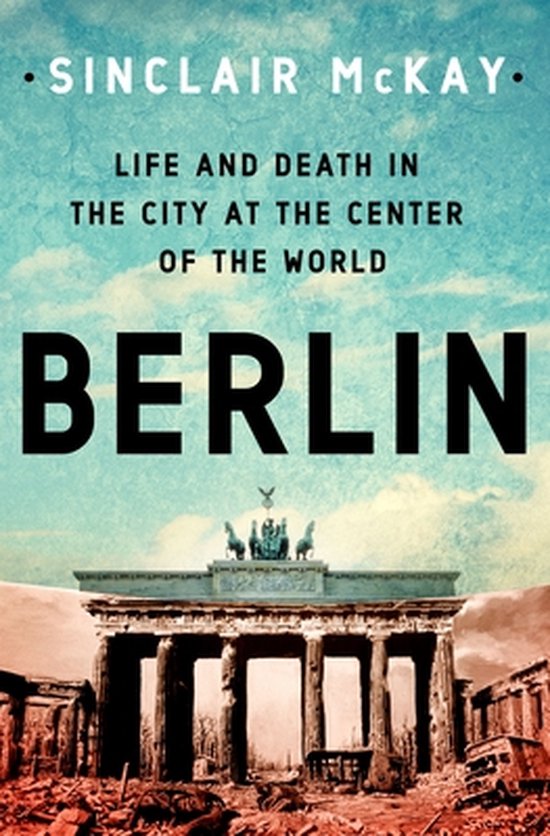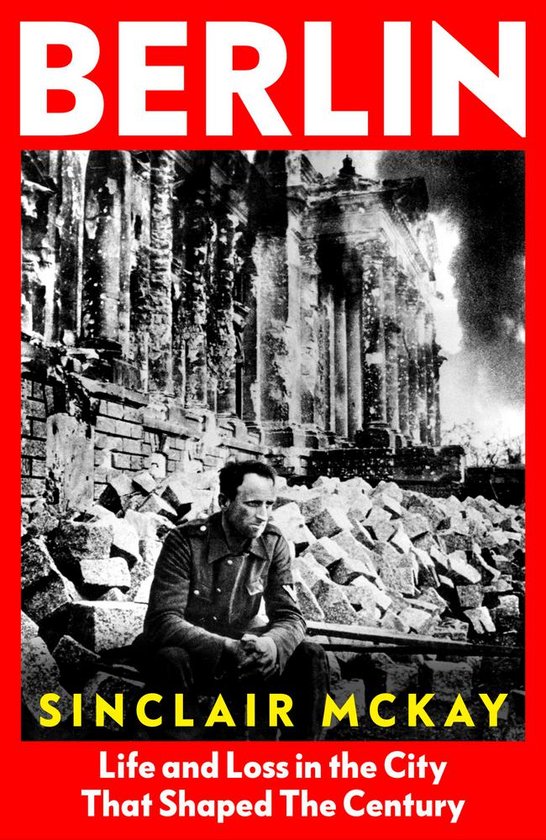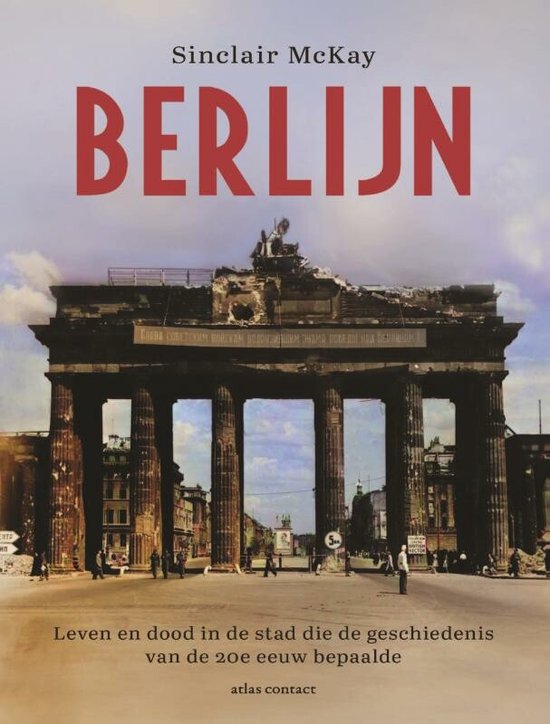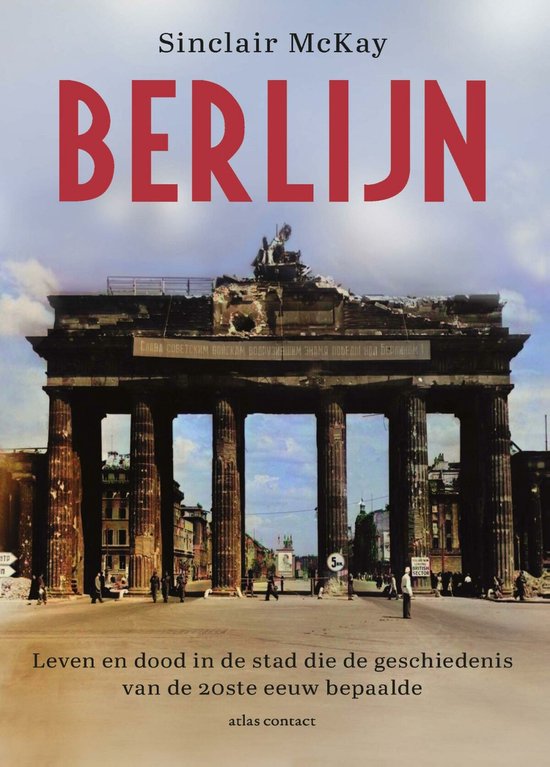
Berlin: Life and Death in the City at the Center of the World
Sinclair McKay's portrait of Berlin from 1919 forward explores the city's broad human history, from the end of the Great War to the Blockade, rise of the Wall, and beyond.
Sinclair McKay's Berlin begins by taking readers back to 1919 when the city emerged from the shadows of the Great War to become an extraordinary by-word for modernityin art, cinema, architecture, industry, science, and politics. He traces the citys history through the rise of Hitler and the Battle for Berlin which ended in the final conquest of the city in 1945. It was a key moment in modern world history, but beyond the global repercussions lay thousands of individual stories of agony. From the countless women who endured nightmare ordeals at the hands of the Soviet soldiers to the teenage boys fitted with steel helmets too big for their heads and guns too big for their hands, McKay thrusts readers into the human cataclysm that tore down the modernity of the streets and reduced what was once the most sophisticated city on earth to ruins.
Amid the destruction, a collective instinct was also at worka determination to restore not just the rhythms of urban life, but also its fierce creativity. In Berlin today, there is a growing and urgent recognition that the testimonies of the ordinary citizens from 1919 forward should be given more prominence. That the housewives, office clerks, factory workers, and exuberant teenagers who witnessed these years of terrifyingand for some, initially exhilaratingtransformation should be heard. Today, the exciting, youthful Berlin we see is patterned with echoes that lean back into that terrible vortex. In this new history of Berlin, Sinclair McKay erases the lines between the generations of Berliners, making their voices heard again to create a compelling, living portrait of life in this city that lay at the center of the world.
| Auteur | | Sinclair Mckay |
| Taal | | Engels |
| Type | | Hardcover |
| Categorie | | Mens & Maatschappij |




